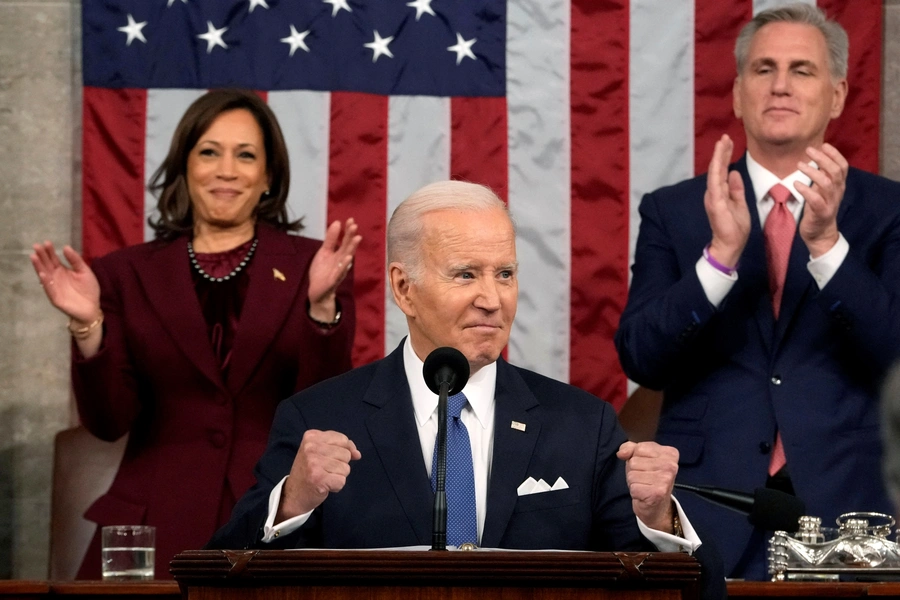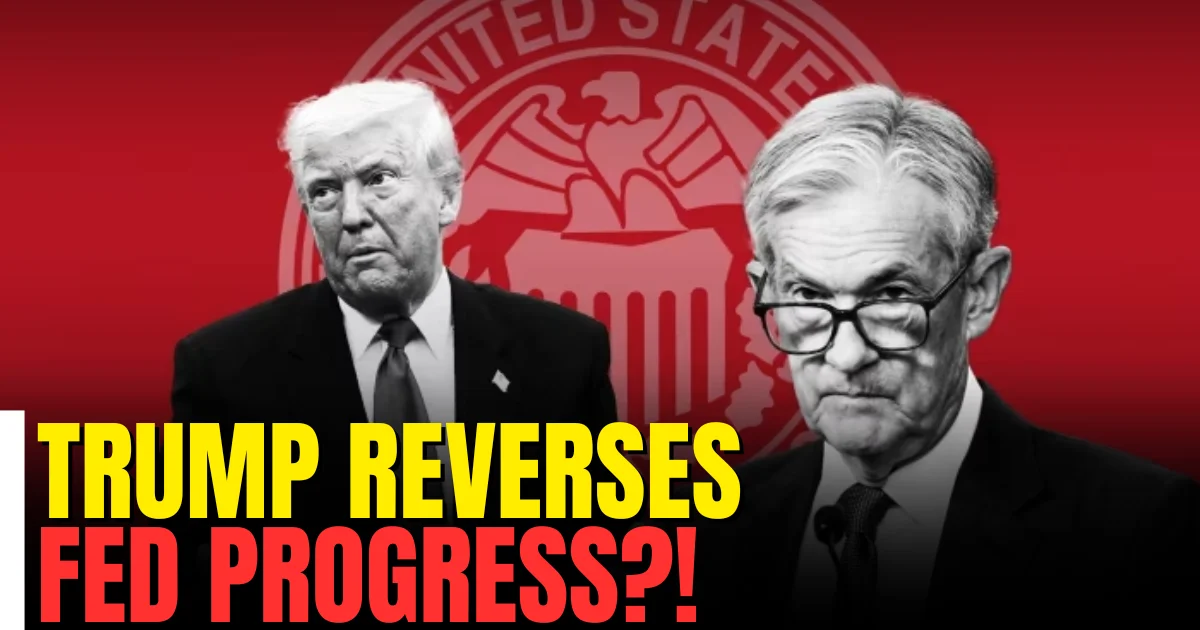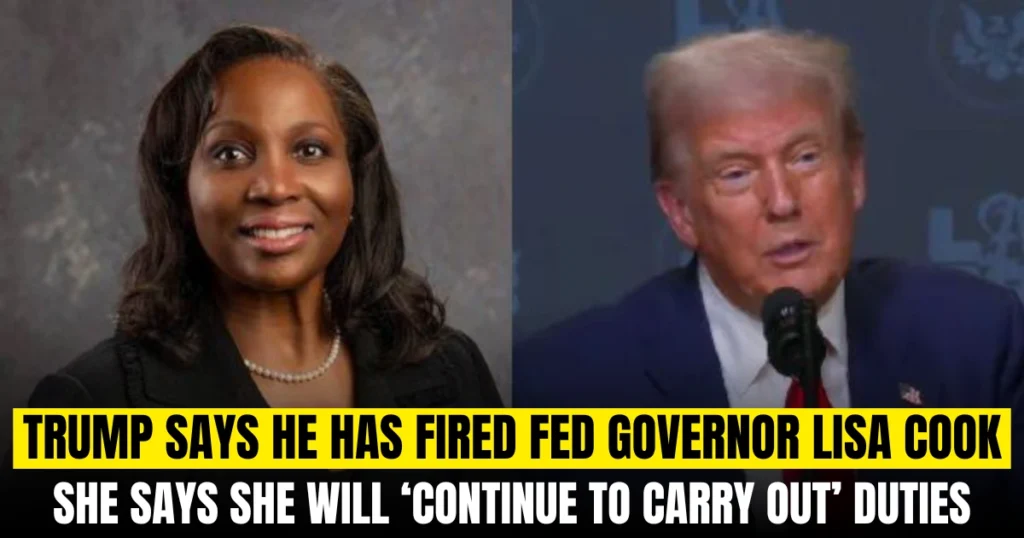Trump’s firing of Fed Governor Lisa Cook raises concerns over diversity at the Federal Reserve. Here’s how it impacts policy, representation, and the U.S. economy.
Table of Contents
Diversity at the Fed Took One Step Forward. Now Trump Is Taking It Two Steps Back
The Federal Reserve, America’s most powerful financial institution, has faced long-standing criticism over its lack of diversity. In recent years, progress was finally being made — until President Donald Trump reignited controversy by firing Lisa Cook, the first Black woman to serve on the Fed’s Board of Governors, over unproven allegations of mortgage fraud.
The move, unprecedented in the Fed’s 111-year history, has sent shockwaves through political, financial, and social circles. Critics say the decision threatens decades of progress toward diversity and inclusion, while supporters argue it strengthens accountability within the central bank.
In this blog, we’ll break down what happened, why it matters, and what this means for the U.S. economy, financial markets, and DEI programs nationwide.
1. The Federal Reserve’s Diversity Problem
Since its founding in 1913, the Federal Reserve has been dominated by white men in leadership positions. For decades, representation from women, Black Americans, Hispanics, and other minorities was nearly nonexistent.
- The first Black Fed Governor, Andrew Brimmer, wasn’t appointed until 1966.
- The first woman, Nancy Teeters, joined in 1978.
- As of 2024, only 12 women, five Black individuals, and one Hispanic have ever served on the Board of Governors.
A 2021 Brookings Institution study revealed that less than 10% of directors on the boards of regional Fed banks are people of color. The report described Fed leadership as “overwhelmingly white and male” — a reality that has sparked growing calls for change.
2. Biden’s Push for Diversity at the Fed

Under President Joe Biden, significant progress was made. He appointed three historic figures to the seven-member Fed Board:
- Lisa Cook — the first Black woman ever to serve as a Fed Governor.
- Philip Jefferson — the fourth Black man to join the Board.
- Adriana Kugler — the first Hispanic Governor in Fed history.
These appointments were seen as groundbreaking steps toward making the Federal Reserve more representative of America’s demographics. Cook, in particular, brought expertise on racial inequality, economic disparities, and innovation, making her one of the most influential voices on the Board.
3. Trump’s Firing of Lisa Cook: What Happened
Earlier this week, President Donald Trump announced Lisa Cook’s dismissal, citing allegations of mortgage fraud. This is the first time in U.S. history that a president has removed a sitting Fed Governor.
However, Cook has not been charged, and her attorneys argue the accusations are unproven. Cook has since filed a lawsuit challenging her removal, calling it “politically motivated” and an attack on diversity and independence at the central bank.
Why It Matters
- It sets a precedent — presidents may now feel empowered to remove Fed officials for political reasons.
- It raises questions about the Fed’s independence, a key principle designed to insulate monetary policy from politics.
- It potentially reverses progress on diversity within the institution.
4. DEI Programs Under Attack

Trump’s actions are part of a larger campaign against Diversity, Equity, and Inclusion (DEI) initiatives across U.S. institutions:
- He previously fired Gwynne Wilcox, the first Black woman on the National Labor Relations Board.
- He removed Gen. Charles Q. Brown Jr., the first Black chairman of the Joint Chiefs of Staff.
- His administration has pressured private companies to scale back DEI programs.
Supporters of Trump argue that DEI programs discriminate against merit-based hiring, while critics say these efforts are essential to address systemic inequality.
5. Why Diversity Matters for U.S. Economic Policy
Diversity at the Fed isn’t just a symbolic win — it directly impacts policy decisions. A diverse leadership ensures the institution considers all economic realities, especially for historically marginalized groups.
For example:
- Black unemployment remains cyclically sensitive — meaning job losses hit Black Americans harder during recessions.
- Minority-owned businesses often face greater barriers to credit and capital access.
- Housing policies disproportionately affect communities of color.
Without representation, policymakers risk overlooking systemic disparities that influence how Americans work, earn, spend, and invest.
6. The Broader Political & Economic Impact
The Lisa Cook controversy has significant consequences beyond diversity:
Impact on Federal Reserve Independence
The Fed’s credibility depends on being free from political interference. If presidents can remove governors for policy disagreements, market confidence may weaken.
Impact on Inflation & Interest Rates
The Fed is responsible for balancing maximum employment and stable prices. Diverse voices bring insights into how policies affect different demographics, which could shape interest rate decisions.
Impact on Global Markets
International investors watch the Fed closely. Political intervention in central banking could rattle global markets and affect foreign investment in the U.S.
7. What’s Next for Lisa Cook & the Fed
Lisa Cook’s lawsuit against the Trump administration will likely become a landmark case. If she wins, it could reinforce the Fed’s independence and protect future appointees from politically motivated removals.
Meanwhile, Trump has nominated Stephen Miran, one of his top economic advisers, to replace Cook. Miran’s appointment could shift the Fed’s policy stance in favor of Trump’s economic priorities.
FAQs
Q1. Why was Lisa Cook fired from the Federal Reserve?
Trump claims Cook was involved in mortgage fraud, but she has not been charged. Cook denies the allegations and has filed a lawsuit challenging her removal.
Q2. How does diversity at the Fed affect economic policy?
A diverse Fed ensures policymakers consider different economic realities and address inequalities across race, income, and geography.
Q3. What happens if Lisa Cook wins her lawsuit?
If Cook prevails, it could reinstate her position, limit presidential powers over the Fed, and strengthen its independence.
Q4. How will Trump’s actions affect DEI programs?
Trump’s moves against Cook and other officials are seen as part of a larger rollback of diversity and inclusion programs across federal agencies and private institutions.
Q5. What’s next for the Federal Reserve’s leadership?
With Cook gone and Kugler resigned, Trump’s nominees could reshape the Board — influencing interest rates, inflation control, and job growth policies.

